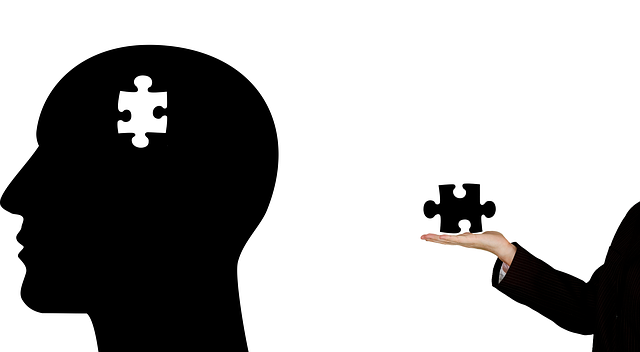Therapy for adolescent teens requires specialized mental health professionals who navigate academic pressures, peer relationships, identity formation, and family dynamics through tailored approaches. Key strategies include comprehensive mental health evaluations, proactive progress monitoring, and referring specialized services when needed. Mental wellness coaching programs empower teens with coping mechanisms and resilience-building strategies. Regular assessments, cultural competency training, and stress management workshops mitigate crisis potential and improve outcomes for teen clients.
Mental health professionals often encounter unique risks while treating adolescent teens, requiring robust risk management planning. This article guides you through understanding the specific challenges in adolescent therapy and developing an effective risk management strategy. We explore essential components of a comprehensive plan, including policy, staff training, and crisis response protocols. Learn about strategies to mitigate risks and handle mental health crises, ensuring safe and supportive environments for both teens and therapists. Key focus areas include therapy for adolescent teens and the importance of regular mental health evaluations.
- Understanding the Unique Risks in Adolescent Therapy
- Essential Components of a Risk Management Plan
- Strategies for Mitigating and Responding to Mental Health Crises
Understanding the Unique Risks in Adolescent Therapy

Adolescent therapy presents distinct risks and challenges that mental health professionals must be equipped to handle. Teens often face a myriad of issues, from academic pressures and peer relationships to identity formation and family dynamics. These complex factors can significantly impact their emotional well-being and necessitate tailored therapeutic approaches. Mental health evaluators play a crucial role in identifying these unique risks by delving into the adolescent’s environment and personal history. Thorough evaluations allow therapists to develop effective strategies that cater to the specific needs of teen clients.
The process of therapy for adolescent teens requires sensitivity and adaptability. Professionals must consider the influence of social media, community pressures, and emerging identities on their patients’ mental health. By implementing a community outreach program focused on raising awareness and promoting positive thinking, therapists can create a supportive network. Additionally, teaching stress reduction methods tailored to adolescents can empower them to manage their emotional well-being effectively.
Essential Components of a Risk Management Plan

A comprehensive Risk Management Plan tailored to mental health professionals serving adolescent teens is an indispensable tool for ensuring patient safety and fostering effective therapy. This plan should encompass several key components, each playing a vital role in mitigating potential risks and enhancing overall treatment outcomes. Firstly, mental health evaluations are fundamental; these assessments allow professionals to gain insights into patients’ psychological states, identify existing risks, and tailor interventions accordingly. By integrating communication strategies throughout the evaluation process, therapists can establish trust, encourage open dialogue, and better understand the nuances of each teen’s experience.
Furthermore, a robust risk management plan must include proactive measures for monitoring patient progress, identifying potential triggers or escalating issues. This may involve regular check-ins, structured follow-up sessions, and clear protocols for referring to specialized services when necessary. Equally important is the development of mental wellness coaching programs designed to equip adolescents with coping mechanisms and resilience-building strategies. Such programs not only empower teens but also provide a proactive approach to risk management, fostering an environment where mental health is prioritized and nurtured.
Strategies for Mitigating and Responding to Mental Health Crises

Mental health professionals are equipped with essential tools for Therapy for Adolescent Teens, but crisis management remains a critical aspect of their practice. Effective strategies for mitigating and responding to mental health crises involve proactive measures and quick adaptation to evolving situations. Regular mental health evaluations serve as a cornerstone, enabling early identification of potential risks and triggers. By integrating these assessments into routine care, professionals can predict and intervene in high-risk cases, focusing on tailored interventions like Mood Management techniques.
Moreover, fostering a culture of resilience within the workplace is vital. Healthcare Provider Cultural Competency Training plays a pivotal role in this regard, equipping staff with knowledge to handle diverse client needs. Stress Management Workshops Organization inside the facility can further enhance coping mechanisms, ensuring professionals are equipped to manage their well-being alongside that of their patients. These proactive steps contribute significantly to creating a safe and supportive environment, ultimately mitigating crisis potential and promoting positive outcomes for adolescent teens in therapy.
Mental health professionals working with adolescent teens face unique risks, from intense emotional reactions to potential crises during therapy sessions. Implementing a robust risk management plan is essential for safeguarding both clients and practitioners. By integrating mental health evaluations, staying updated on evidence-based practices, and adopting effective crisis response strategies, professionals can create a safe and supportive environment. This proactive approach ensures the well-being of everyone involved in therapy, fostering healthier outcomes for adolescent teens.









